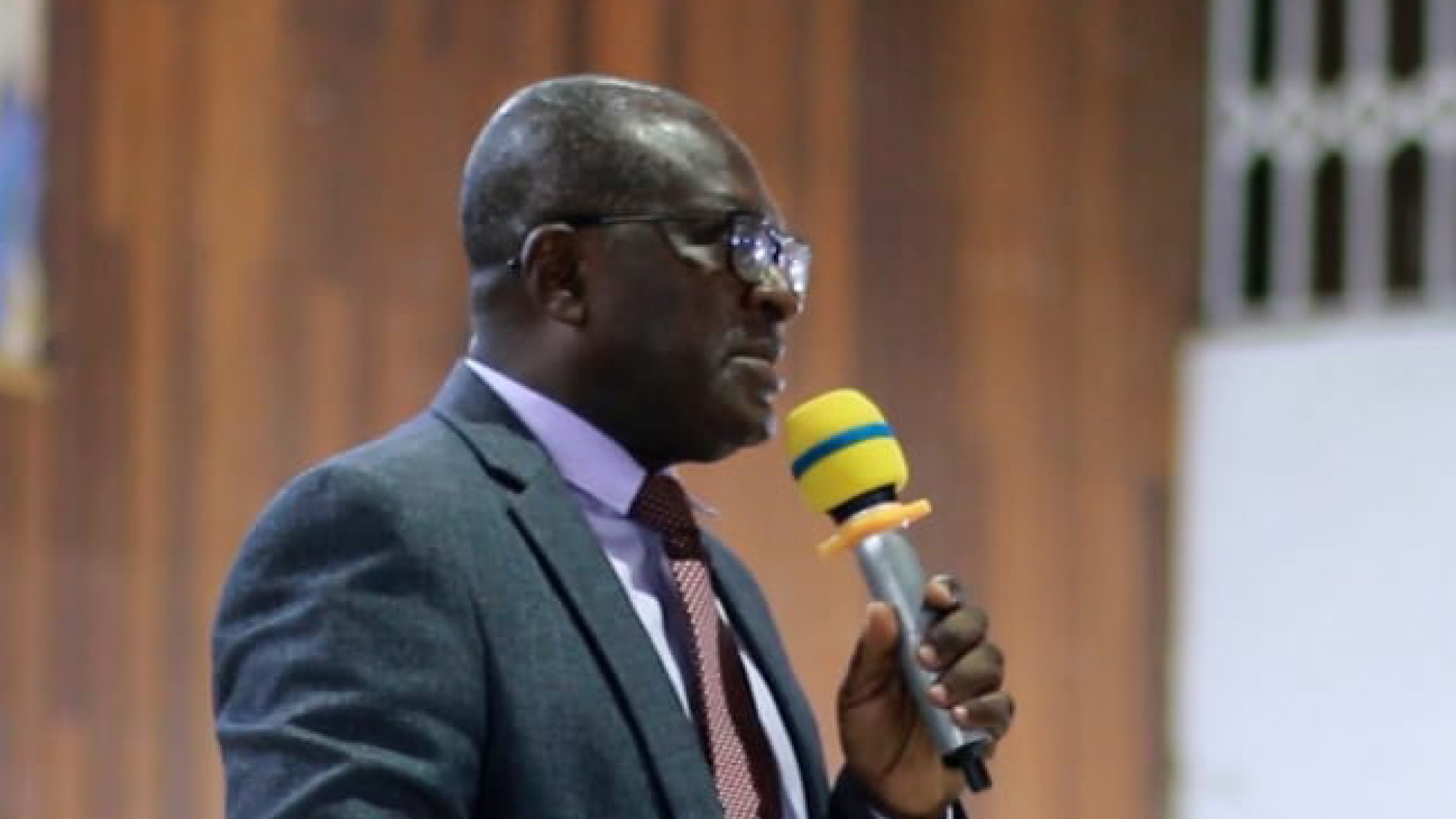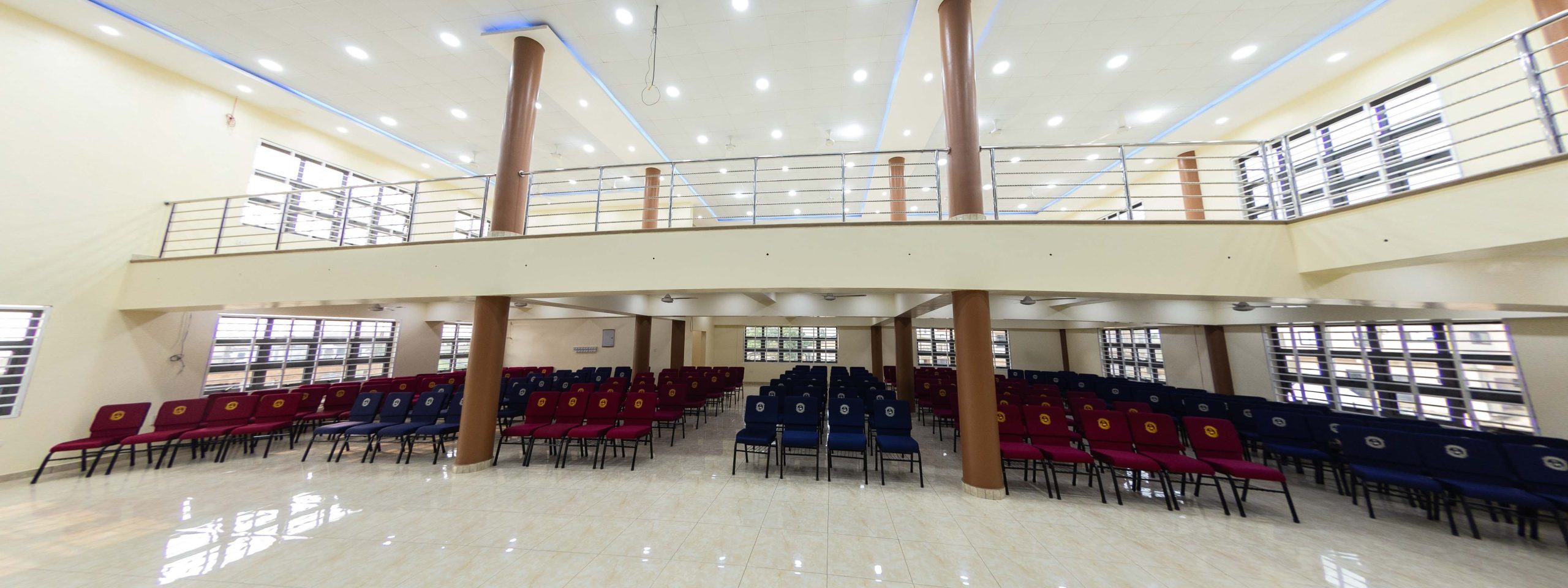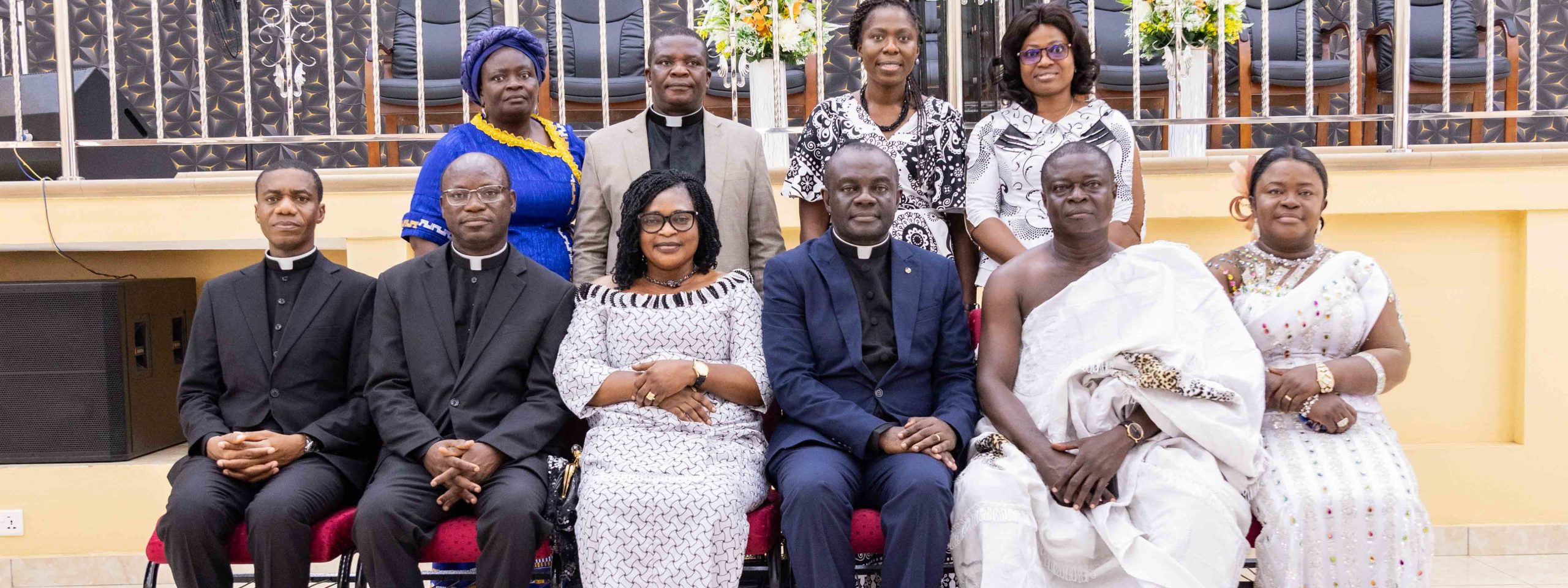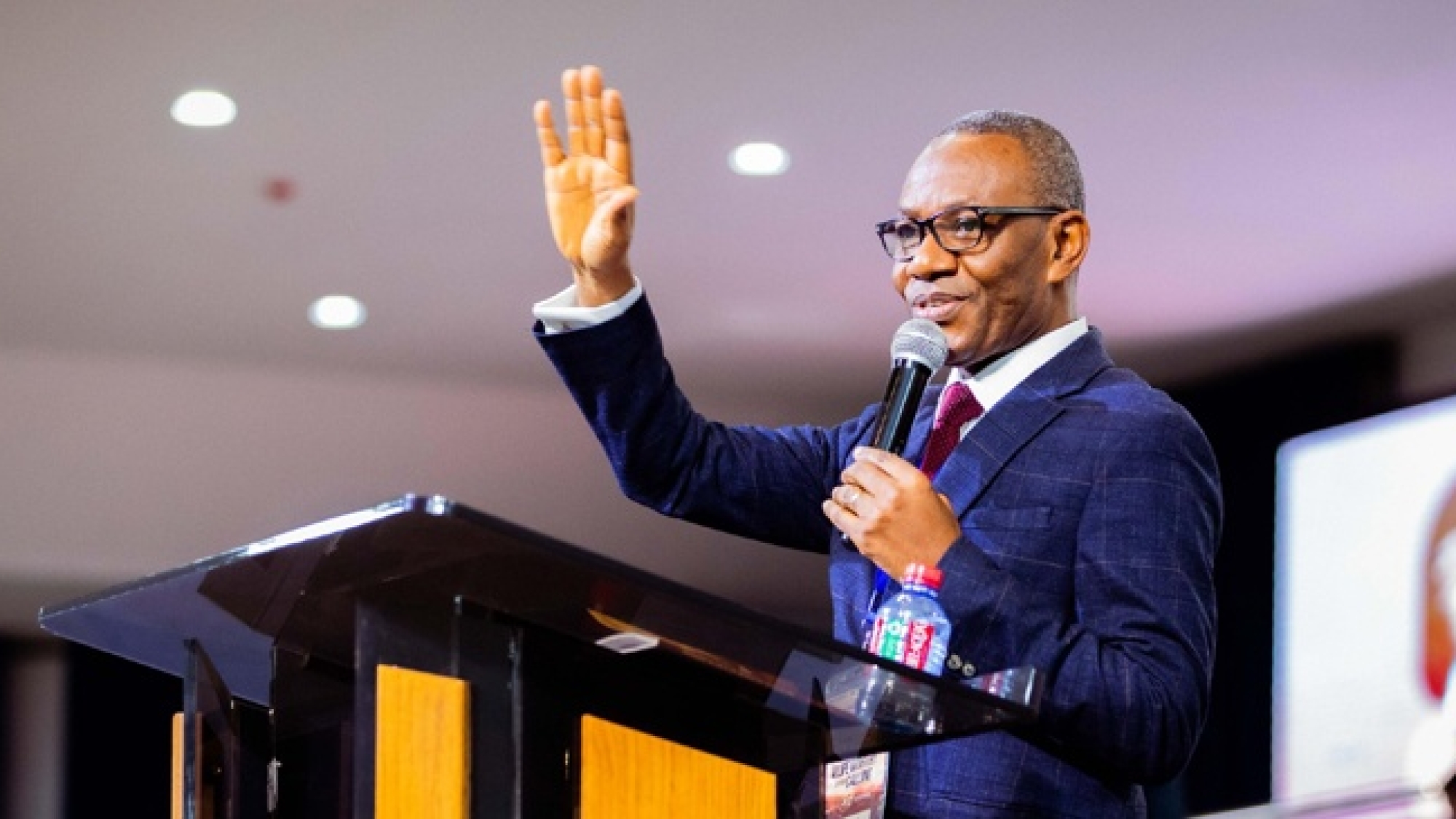The Schools Outreach Ministry (SOM) of The Church of Pentecost on Friday, February 7, 2025, conducted a free medical screening for students in Ho Kpodzi EP Basic ‘B’ and Mawuli EP Basic schools.
The screening was led by the Schools Outreach Ministry Medical Team with support from Raphal Medical Centre in Tema, and students of Pentecost Students and Associates (PENSA) – UHAS in Ho.
Giving a short exhortation at the exercise, the National Coordinator of SOM, Pastor Frank Mensah Tandoh, highlighted the importance of nurturing a ‘Daniel Generation’ among today’s youth.
Drawing from Daniel 1:8, he explained how Daniel, in his youth, resolved not to partake in practices that did not honour God. This firm decision paved the way for divine assistance, enabling Daniel to achieve his aspirations.
Pastor Tandoh urged young people to commit to living pure and holy lives, consciously avoiding actions that do not glorify God. He acknowledged that while it is natural for teenagers to feel attracted to the opposite sex, Christians should recognise that such feelings do not necessitate acting upon them.
He stated that “love is deeper than emotions” and encouraged the youth to emulate Daniel’s example by making deliberate choices that honour their faith.
Biscuits and other goodies were shared to the students after the exercise.
Present were Apostle Dr Dela Quampah (Executive Council Member / Ho Area Head), Dr Mrs Salomey Mensah Tandoh (wife of the SOM National Coordinator); Pastor Vitalis Banaangmwine (PENSA Traveling Secretary, Lower Volta); Elder James Agbo (Ho Area SOM Coordinator) and some officials from the Ghana Health Service in the Municipality.
PENT NEWS


















